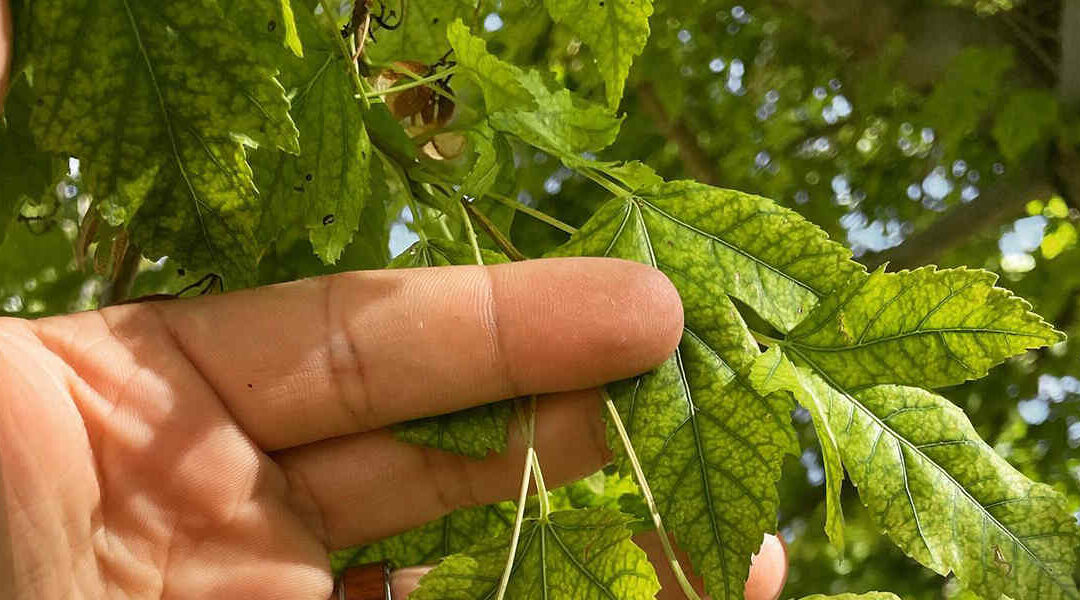Non-native trees have always gotten a bad rap for one reason or another. While some non-native species can harm the local environment, others act as a reliable food source, increase biodiversity, and feed birds and wildlife.
As Kaysville’s tree removal company of choice, we can highlight what you need to know before planting non-native trees.
Non-Native Trees Require Lots of TLC
Most non-native tree species require more care and maintenance than their native counterparts. Since most non-native plant communities struggle to naturally survive in your locality, they may require more pruning and maintenance to fight disease and pest issues.
Consider a non-native tree species that you can care for to maturity. Knowing the amount of care your chosen tree needs beforehand can prevent premature death and the loss of your investment. Similarly, you want to avoid trees that may easily succumb to pests and diseases.
Opt for native trees with disease-resistant qualities that give your trees the best chance of survival.
Determine Whether the Tree Has Enough Space To Grow
Tiny saplings often grow into large trees that may prove challenging or impossible to move once they mature. That said, plan before settling on a particular tree species and ensure you have enough space that doesn’t restrict canopy growth or pose a threat to your foundation, especially considering tree roots that damage the foundations.
Avoid Invasive Tree Species
Depending on your area, you’ll want to avoid some invasive tree species. Invasive species are often exotic plants or non-native trees that cause ecological and economic damage to the new area.
Typical characteristics of invasive trees include:
- Quick adaptation to new environments
- Rapid reproduction and spreading
- Harm to plants, wildlife, and properties
- Difficulty to control once introduced
When planting non-native trees, you want to avoid a situation where your native plant species are dominated by non-native trees.
The Type of Soil Matters
Just as crucial as the space available, you need to consider whether the soil in your area works well for the type of tree you plan to plant. Some trees prefer more moist soils, while others prefer arid conditions. Know the soil in your yard before making a selection.
Seek Professional Help
An expert with local knowledge will have valuable insights to help you make an informed decision. Trust your local arborist to:
- Determine your soil type
- Choose tree species that will thrive in your area
- Help you improve the soils to make your yard more suitable for the tree species you want to plant
- Avoid trees prone to pests, disease, or weakness
- Avoid planting too close to your foundation
Contact Your Local, Trusted Arborists for Help
When you need a tree service provider, look for honest professionals who will work with you closely every step of the way. At Clean Cuts Trees, we offer top-notch tree care solutions and more, including:
- Tree removal
- Tree trimming
- Municipal tree service
- Professional land cleaning services
Call our Clean Cuts Trees team at (801) 473-7548 to request a free estimate for service in Fruit Heights, UT, or surrounding areas. You can also reach out for additional tips on planting non-native trees or to learn why your tree is not growing leaves.




